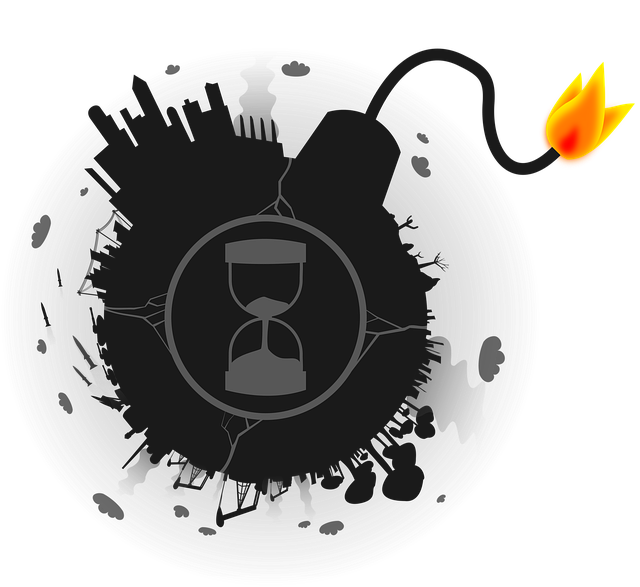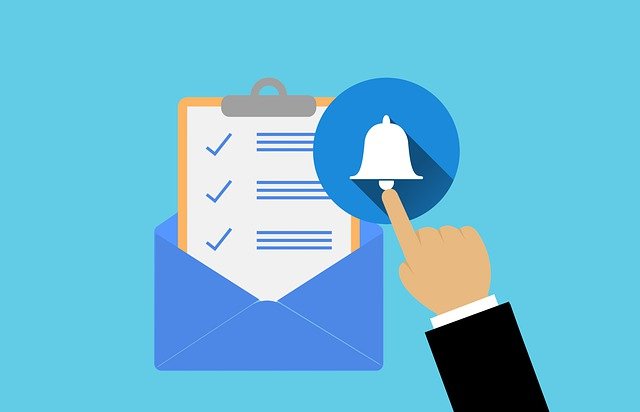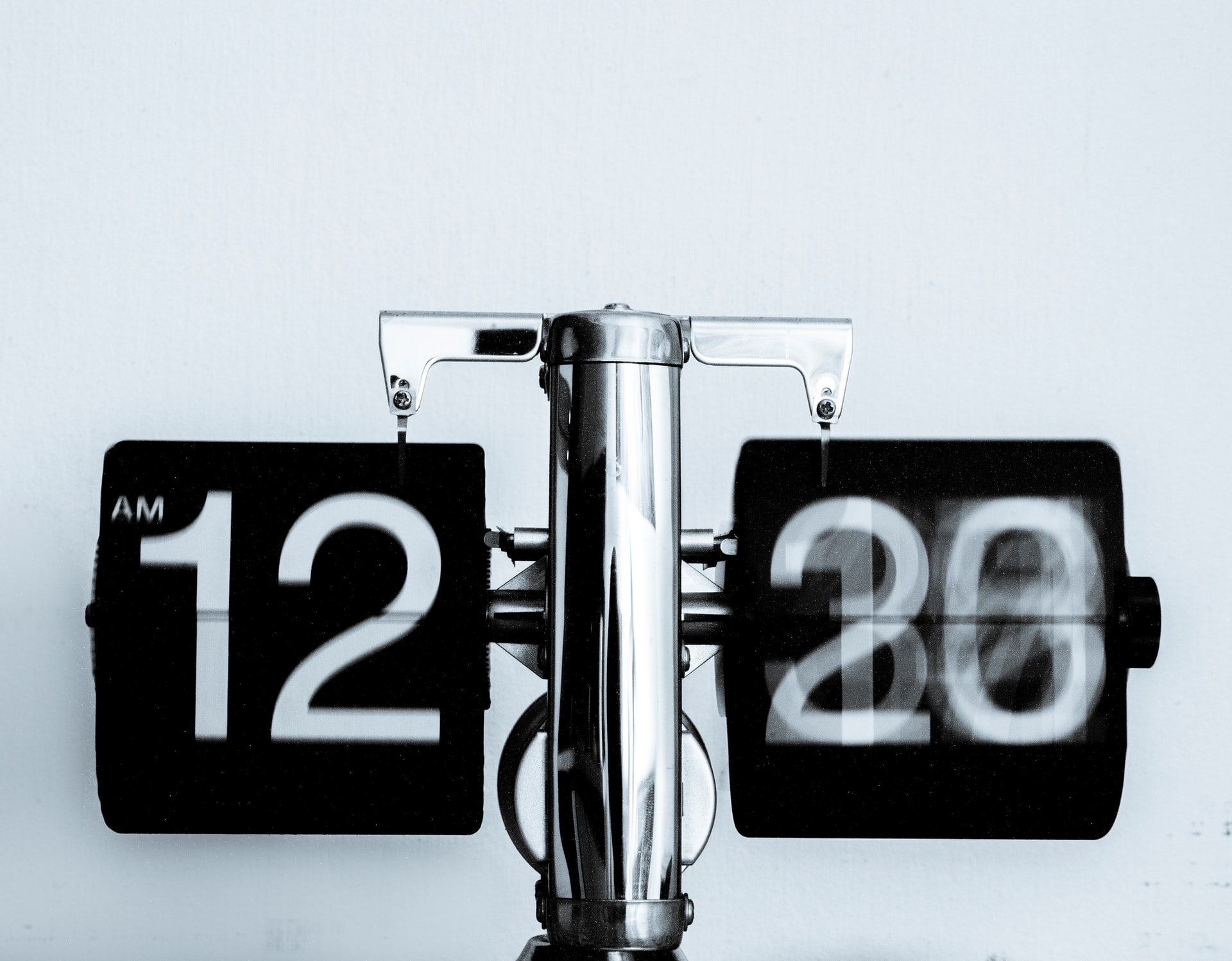Knowing how to Avoid wasting time is a valuable skill that can help you be more productive. By avoiding the waste of your time, you will have more room to do other important tasks. It’s possible to avoid wasting time by following some helpful tips and tricks. In this blog post, we will discuss how to avoid wasting time and the best ways to avoid wasting your precious minutes and hours on simple things!
Prioritize
You want to do the best use of your time, so prioritize what needs doing. If everything is important, then nothing gets done! Put the tasks you dread or dislike at the top of your list, for these are those that often require more time to complete than others and can be disheartening if they don’t get tackled straight away.
Ask yourself how much free time do I have? This will help you decide which task to start with first, as it may depend on whether there’s a deadline attached to completing the said activity.
Delegate
One of the best ways to avoid wasting time is delegating. Delegation works for both work and home, but it’s not as easy as just handing things off or assigning them randomly. You need to delegate tasks that you are naturally good at doing to best use your time. For example, if you’re great with handling customer complaints, then find out what the process for getting those handled is so that they can be delegated accordingly without any hiccups. If you excel at something that would take a long time, like creating infographics, find someone else who does things well and delegates this task while directing their efforts towards something more appropriate.
Eliminate time-wasters
In our modern life, we are surrounded by distractions. You could be reading this article while checking your email, scrolling through social media, and watching a funny video on YouTube at the same time. This type of multitasking is not good for you because it can cause stress levels to rise, leading to burnout.
We must start eliminating all forms of distraction from our lives to have more time to spend on what matters most: being present in each moment and doing something meaningful with our days.
There are many things people may find themselves spending too much time on; these include TV shows they don’t enjoy or flipping through channels just looking for something entertaining, mindlessly browsing their phone or computer before bed.
Plan your day ahead of time and stick to the plan
To use time properly, it is important to plan ahead of time. This way, you know how much work you can take on and how long each task should take.
Otherwise, this can lead to a wasted time where there could have been producing work done instead. Planning the day ahead of time will also allow you to stick to a schedule that helps avoid wasting productivity between tasks or working too many hours at once versus taking breaks every hour or two like recommended by most experts.
Get rid of distractions.

You have so many distractions in your life, whether social media, a TV show you’re watching, or even just sitting at home. Many people become so consumed by their phones as they scroll through Instagram for hours that they waste time and don’t get anything done. For example, how do you stop checking Facebook when you have 50 notifications? Try to take breaks from distractions every hour or two during the day.
It’s okay if you want to watch an episode of The Office before bed because this is something only once a week but try not to bring out your laptop all the time while trying to work on another task. Remember that switching between tasks can set off mental blocks, which will cause delays in completing them.
Use a timer for tasks that take longer than 10 minutes
For the proper use of time, you need to have a vision of how your day looks. Consider the following:
- Why am I working? What is my goal for today or this week?
- How does accomplish these tasks help me reach that goal?
- When do I want to complete each task and what are steps required before completing it, such as cleaning out a junk drawer, making phone calls)
Once you know where you’re going with your time allotment, break down into hours how much time on average per item. For example, if an article takes 20 minutes to read online and another 15 minutes offline, give you 45 minutes total time slot (20+15). Do not exceed more than 90% of the allotted amount of time.
Make lists of everything that needs to be done.
You can avoid wasting time by making lists of everything that needs to be done. This way, you can make sure not to miss anything and know the order in which things need to be done. It’s also a good idea to plan out what you’re going to do for the day or week so you aren’t pulled from one task into another at the last minute.
- Make a list of all tasks needed each day, categorize them appropriately (e.g., “Hair Day,” “Shopping List”)
- Place due dates on your list next to any pending deadlines
- Set reminders as necessary with different colors if possible for urgent items that are due soon vs. set farther in advance – this will help.
Break down large projects into smaller chunks with specific
Don’t go for a big project at a time. Break it down into smaller pieces with specific goals in mind.
Estimate how long each step takes to complete and then add a buffer for unforeseen events or difficulties. This way, you have an idea of how much time the project will take before you start working on it, so if anything changes (and projects always change), you’ll be able to adjust accordingly. Suppose your estimate is wildly off base; either slow things down and do more research about why that might be happening or break the project up into even smaller chunks until they seem manageable enough to fit within your timeframe and budget constraints.
Identify priorities vs. non-priorities so that you’re not wasting any.
It is the greatest time savior way to avoid wasting time. We all have things that we need to do. Still, we must identify priorities vs. non-priorities so that you’re not wasting any time on something less valuable or unimportant and instead spend your effort on the more vital tasks. By making a list of what needs to be done before anything else is prioritized in order of importance, you’ll know exactly how much time should be spent working on each task, ensuring everything gets completed as quickly as possible.
The next way to avoid wasting time is by using tools like Evernote for reminders; this can help keep track of deadlines and make sure they are met without forgetting about them altogether.
Plan ahead – don’t wait until the last minute to do something

Before starting something, make a plan and make a list of the things you need to do. Plan how much time each task will take and try not to commit too many tasks in one day so that if something goes wrong, it won’t be disastrous.
A great way not to waste your valuable time is by being more productive with what you’re doing now. This can mean using tools like Pomodoro Technique or RescueTime, which help you track how long you spend on different activities during the day and track how often interruptions happen to determine where there are opportunities for change.
Another important thing when trying not to waste your time is setting achievable goals because achieving them leads to greater achievement than just thinking about all of the work ahead without any accomplishments.
Be realistic about what you can accomplish in a day and don’t over-commit
Your thinking must be realistic about how much time you have in a day. You can’t over-commit to deadlines, take on too many projects at work or commit to tasks that will be impossible for you to complete by the end of your busy day if there is no time left.
If your schedule gets overloaded and it seems like people are taking advantage of you with all their demands, don’t hesitate to push back gently and refuse requests when they’re unreasonable. People should understand that not everyone has unlimited energy (or patience!)
Don’t forget about trying new tools because this could help make life easier: Consider using cloud services such as Dropbox so important files can be accessed from any device; use Google Apps for Work, so emails are filed automatically.
Stop multitasking and focus on one task at a time instead of bouncing around from project to project.
Multitasking kills your productivity. It takes an average of 25 minutes to get back on track after you switch from one task to the next.
Focus on one project or activity at a time instead of trying to multitask and complete every single thing all at once. Focus on what needs your attention most, even if it’s only for five minutes. Don’t try and do everything between getting distracted by other more pressing projects than what you were working on; stop multi-tasking! Tackle tasks with deadlines first because they take up space in your brain when you delay them. If there is something due soon, don’t let yourself put off finishing it until later because doing so will leave mental room for “.
Take breaks throughout the day so that you can avoid burning out or getting too frustrated with any one thing.
Take breaks throughout the day so that you can avoid burning out or getting too frustrated with any one thing. This will help prevent feeling overwhelmed and making a rash decision that could impact your long-term goals.
It’s important to take time for yourself so that you feel refreshed but also productive. If you have the chance to take some “me” time in the middle of work, I highly recommend adding it to your schedule!
In addition to taking breaks from work during the day, make sure to get plenty of sleep at night (even if this means going to bed earlier than usual). Lack of sleep affects how we do daily – causing us more stress and leading us down an unhealthy path – but it also affects our performance.
Set up an email reminder or calendar event for any time-sensitive tasks
For any time-sensitive tasks, such as paying a bill, sending an email to your boss or client, making dinner plans with friends for that night, set up an email reminder or calendar event.
Some examples of time-sensitive tasks:
- Paying bills (setting all due dates on the same day)
- Sending emails to your boss and clients (creating templates, so you don’t have to start from scratch every week)
- Making dinner plans with friends (sending everyone one text message at the same time in order not to forget anyone)
Create deadlines and reminders for yourself
Create deadlines and reminders for yourself to avoid wasting time. Where possible, create deadlines and reminders for yourself in advance, so you don’t have to remember when an event is coming up. For example, set a monthly reminder on your phone or calendar that will prompt you one week before the deadline of any work-related tasks due by the end of every month. You could also list out all tasks related to each project (or category) with their respective deadlines and make sure it syncs across devices, so they’re always at hand no matter who’s working on them.
Turn off notifications on your phone when you’re working so that you can focus without being interrupted by texts, emails, etc.

When you are at work, please turn off notifications on your phone so that you can focus without being interrupted by texts, emails, etc.
If possible, put it in another room and close the door to avoid interruption from a ringing or buzzing notification. This is especially helpful when working on something that takes several hours, like writing out an outline for a blog post or planning social media posts.
Bottom Line,
If you ever struggle to stay on top of your priorities, these tips will help. Use a timer for tasks that take longer than 10 minutes so you know how much time is left and can adjust accordingly if needed! Create lists of everything that needs to be done and break down large projects into smaller chunks with specific deadlines or end dates in mind. Stay focused by turning off your phone, putting away your laptop when need is, and avoiding distractions like social media sites or other websites unrelated to work at hand. Prioritize what’s important first before tackling anything else; delegate where appropriate; eliminate time-wasters one at a time until it becomes second nature. Remember the power of simplicity as well – but don’t forget.



